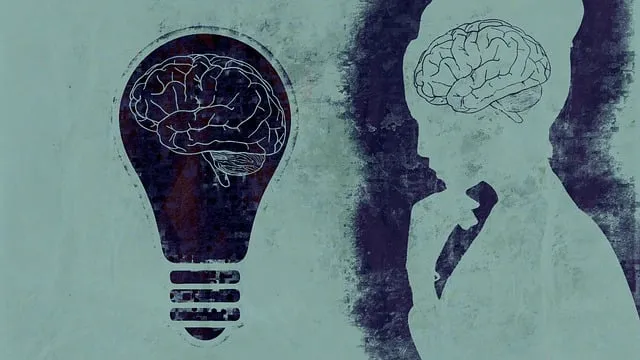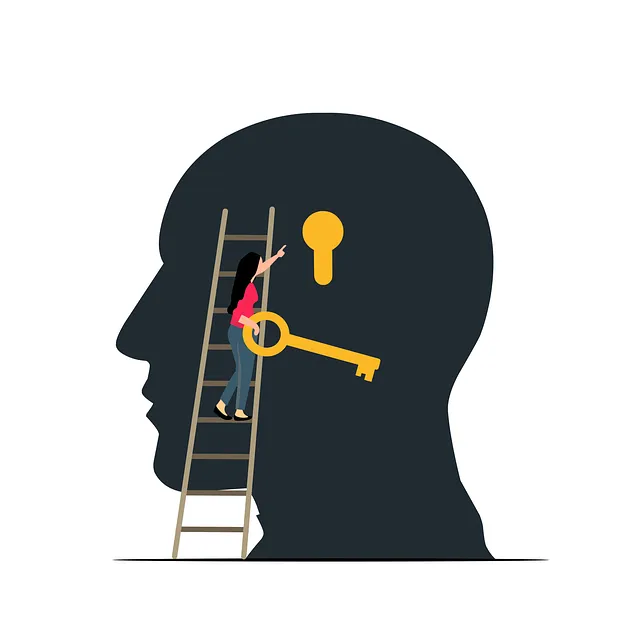Longmont Kaiser Permanente psychiatry offers comprehensive anxiety management through understanding triggers, promoting healthy lifestyle changes like exercise and sleep hygiene, Cognitive Behavioral Therapy (CBT) to challenge negative thought patterns, and mindfulness techniques such as deep breathing and meditation for stress reduction.
“Discover effective anxiety management techniques to regain control of your well-being with help from Longmont Kaiser Permanente psychiatry experts. This comprehensive guide explores common triggers, symptoms, and practical strategies like lifestyle changes, cognitive behavioral therapy (CBT), and mindfulness practices. Learn how these evidence-based approaches can reduce anxiety, enhance mental clarity, and improve your overall quality of life.”
- Understanding Anxiety: Common Triggers and Symptoms
- Lifestyle Changes for Better Mental Well-being
- Cognitive Behavioral Therapy (CBT): A Powerful Tool
- Mindfulness and Relaxation Techniques to Soothe Anxiety
Understanding Anxiety: Common Triggers and Symptoms

Anxiety is a normal human response to stress and challenging situations, but when it becomes overwhelming and persistent, it can significantly impact daily life. The first step in managing anxiety effectively is to understand its nature and recognize the triggers that set it off. Common triggers for anxiety can include stressful events, such as financial worries, relationship issues, or significant life changes. Health-related concerns, including chronic illnesses or pain, are also frequent contributors to heightened anxiety levels.
Symptoms of anxiety may manifest physically, cognitively, and emotionally. Physically, individuals might experience rapid heartbeat, sweating, trembling, or shortness of breath. Cognitively, thoughts can race, causing difficulty concentrating, memory lapses, or a persistent feeling of unease. Emotionally, feelings of worry, fear, restlessness, or irritability are common. At Longmont Kaiser Permanente psychiatry, professionals offer valuable insights and guidance to help individuals identify these triggers and symptoms, laying the foundation for effective anxiety management through tailored self-care practices, crisis intervention, and improvement in self-esteem.
Lifestyle Changes for Better Mental Well-being

Adopting a healthy lifestyle is an integral part of anxiety management, and Longmont Kaiser Permanente psychiatry services emphasize this holistic approach to mental well-being. Simple yet powerful changes can significantly impact reducing anxiety levels. Regular exercise, for instance, releases endorphins that act as natural mood lifters and stress reducers. Incorporating 30 minutes of physical activity into daily routines, whether it’s a brisk walk, yoga, or dancing, can help manage anxiety effectively.
Additionally, prioritizing sleep hygiene is crucial. Adequate rest allows the body and mind to recharge, enhancing resilience against anxious thoughts. The Stress Management Workshops Organization highlights the importance of self-awareness exercises, such as meditation and deep breathing techniques, which can be easily integrated into daily life. These practices promote mindfulness, helping individuals recognize and manage anxiety triggers more effectively. Cultural sensitivity in mental healthcare practice also plays a role, ensuring that individuals from diverse backgrounds receive personalized support tailored to their unique needs.
Cognitive Behavioral Therapy (CBT): A Powerful Tool

Cognitive Behavioral Therapy (CBT) is a highly effective anxiety management technique recognized and offered by Longmont Kaiser Permanente psychiatry professionals. CBT focuses on challenging negative thought patterns and replacing them with more positive, realistic ones, thereby reducing feelings of anxiety and stress. This therapy empowers individuals to develop inner strength by understanding the connection between thoughts, emotions, and behaviors.
By identifying and modifying maladaptive thinking, CBT helps build empathy for oneself and others, fostering a deeper sense of emotional well-being. This approach has been scientifically proven to be highly successful in treating various forms of anxiety disorders, making it an essential component of Mental Health Awareness initiatives. Through CBT, individuals gain valuable tools and strategies to navigate challenging situations, enhance their coping mechanisms, and lead more fulfilling lives.
Mindfulness and Relaxation Techniques to Soothe Anxiety

Mindfulness and relaxation techniques are powerful tools for managing anxiety, often offered by experts at Longmont Kaiser Permanente psychiatry services. By focusing on the present moment and cultivating a sense of calm, individuals can effectively reduce the impact of anxious thoughts. Practices such as deep breathing exercises, meditation, and progressive muscle relaxation help to soothe the mind and body, creating a state of tranquility.
These techniques encourage individuals to observe their thoughts without judgment, allowing them to detach from anxious feelings. The Stress Management Workshops Organization promotes mindfulness as a key strategy for improving mental wellness, teaching participants practical communication strategies to navigate stressful situations with resilience. Incorporating these practices into daily routines can foster better stress management and enhance overall well-being.
Anxiety management is a journey unique to each individual. By understanding common triggers, adopting lifestyle changes, exploring cognitive behavioral therapy, and incorporating mindfulness practices, one can effectively navigate and reduce anxiety symptoms. For personalized support, reaching out to Longmont Kaiser Permanente’s psychiatry services can provide tailored guidance and evidence-based treatments to help manage and overcome anxiety. Remember, with the right tools and resources, managing anxiety is achievable, allowing you to live a fuller, less anxious life.






